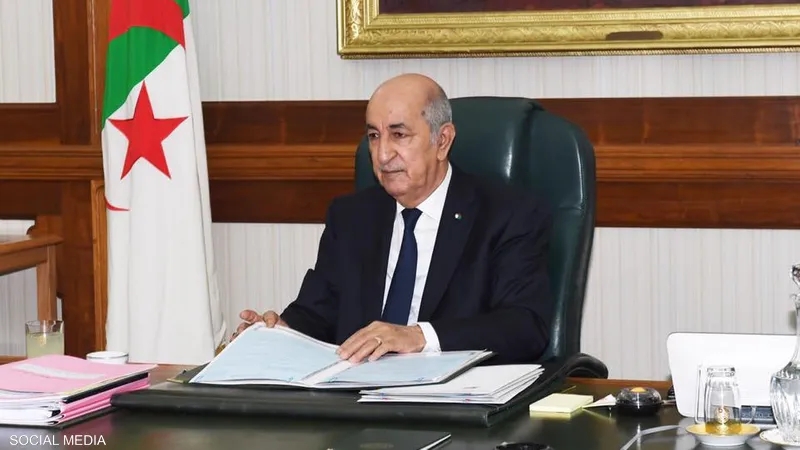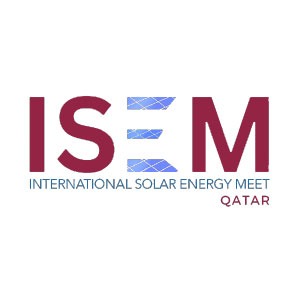- ASRY Awarded 2024 RoSPA Gold Medal in Health and Safety
- BP ponders shifting focus away from renewables, say sources
- QatarEnergy enters 10-year naphtha supply agreement with Japan’s ENEOS Corporation
- The International Energy Agency expects oil demand growth to slow in 2024
- The International Monetary Fund re-selects Kristalina Georgieva as its director
- Libya to target producing 1.4 million b/d by end 2024
- TotalEnergies launches the Marsa LNG project and deploys it multi-energy strategy in Oman
- H.E. Minister Al-Kaabi: Demand for oil and gas will continue for long; we have to be responsible, and Qatar is doing its part
- Egypt to stop exporting LNG starting from the beginning of May 2024
- QatarEnergy selects Nakilat to own and operate 25 conventional LNG vessels

Algeria: International conditions are favorable to increase gas exports from Algeria

Global international developments in Eastern Europe, especially the Russian-Ukrainian conflict and European sanctions on Russia, gave a strong impetus to the export of natural gas from Algeria.
In the aftermath of the Russian-Ukrainian conflict, the demand for oil and gas increased and energy revenues rebounded in Algeria, so that the authorities spent generously on various sectors, led by social welfare.
President Abdelmadjid Tebboune announced expected increases in public sector salaries, pensions and unemployment benefits. The government also took a bolder stance towards European countries that had become more dependent on North African gas after the Ukrainian war, especially towards Spain.
The energy sector witnessed a period of stumbling, reducing investment in oil and gas fields to a minimum, declining exports, and the flight of talent from the state company Sonatrach. But the significant rise in global oil and gas prices following the Russian invasion of Ukraine on February 24, 2022 helped stabilize the situation and improve Algeria’s public revenues, which will be directed to implement many of the required reforms.
In fact, the energy crisis in Europe resulted in an increase in energy prices, as well as an increase in demand for gas supplies from neighbouring countries that were not affected by the war with Ukraine, including Algeria. It is worth noting that Algerian supplies meet more than a quarter of gas demand in Spain and Italy, and Sonatrach is the third largest exporter to Europe after Russia and Norway. The rules for encouraging foreign participation in the Algerian energy sector have helped increase investment and develop new projects that can keep pace with the growing demand for this sector.
Sources in Sonatrach say that oil and gas profits this year will reach 50 billion dollars, compared to about 34 billion last and 20 billion in 2020, and this gave strong support to revenues from non-oil exports, which exceeded a record of seven billion dollars.
In June 2022, Sonatrach announced a new discovery in (Hassi R’Mel), the largest gas field in the country. The new discovery adds between 100 and 340 billion cubic meters of condensed gas to the reserves, with additional production expected to reach ten million cubic meters of gas per day as of November 2022, and these discoveries will certainly support Algeria’s steps in concluding long-term deals with European partners, especially Italy to supply them with huge quantities of Algerian gas.
As for Spain, it was dependent on Algerian gas and then changed its position recently to support Morocco in the issue of Western Sahara, an area that Morocco considers within its territory, but Algeria supports the independence movement in it. Algeria’s response was to reduce some commercial dealings with Spain, while maintaining its commitment to the terms of the gas supply contract to Spain, with some hardening in the scheduled pricing talks










